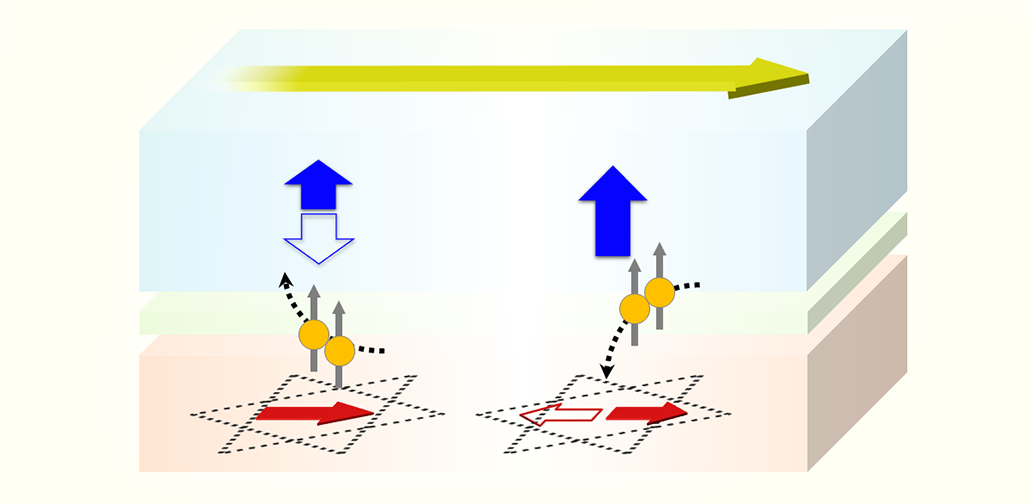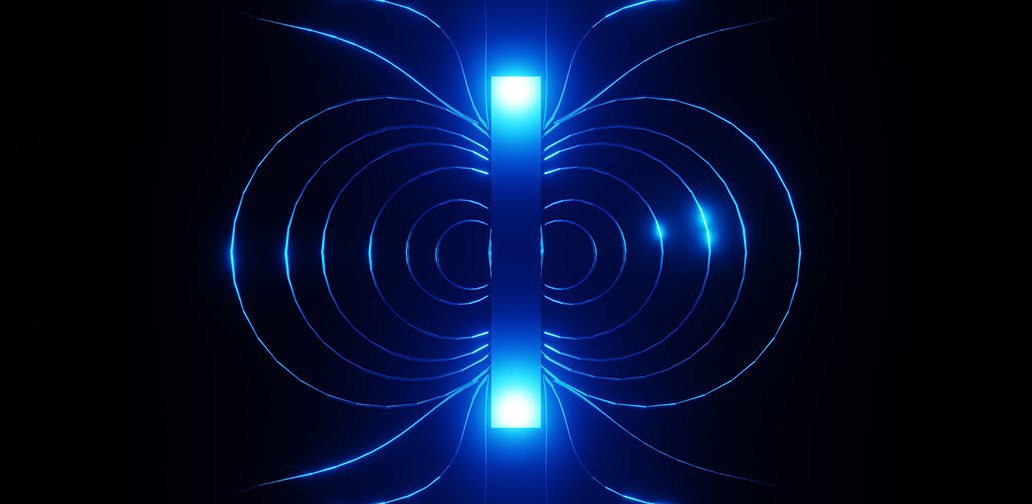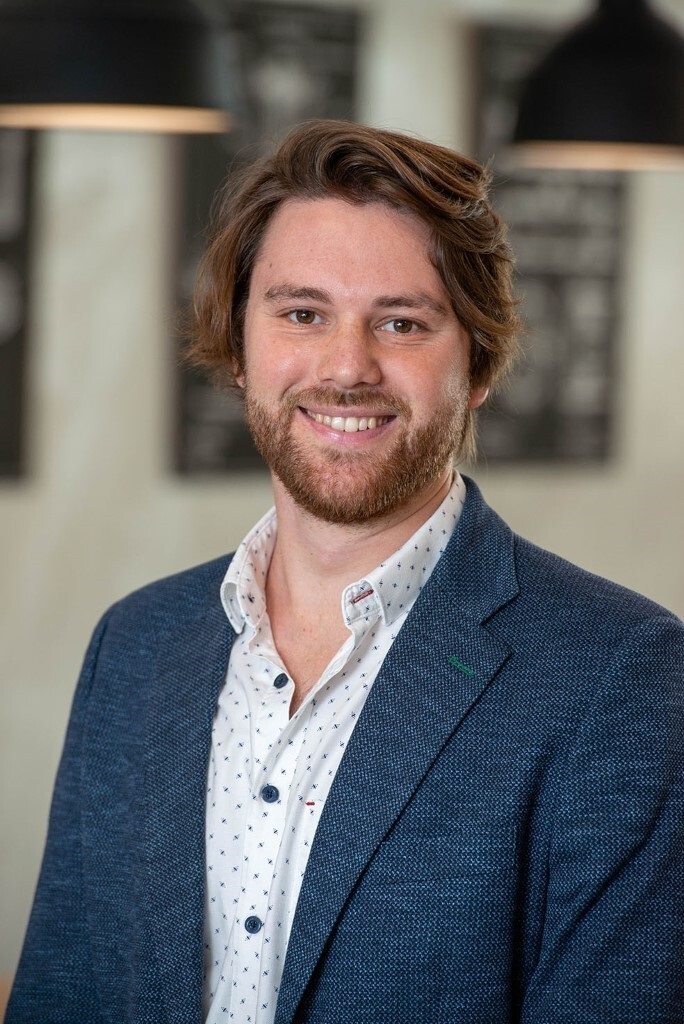Three postcards of historical significance, sent from France by an Indigenous Australian soldier and his half-brother during the First World War, have been discovered at a regional Victorian market.
The postcards, which cost only ten dollars each, were purchased by local couple Ron and Jeannie Lister at the Bendigo showgrounds marketplace.
“The postcards stood out because of the intricate embroidery, but I recognised them as First World War souvenirs sent by service personnel,” Jeannie said.
“I noticed they had been sent in 1917 from France to family in Ouyen, Victoria, so I thought I might be able to trace who they belong to and return them to the family.”
An amateur family historian, Jeannie discovered the postcards were written by Raymond Charles Runga and his half-brother Arthur Henry Fox. Through her research, Jeannie discovered Charles Runga was a highly decorated veteran of the First World War.
“I now realised the postcards were historically significant and believed the best place for them to be kept was in the collection of the Australian War Memorial,” Jeannie said.
Curator, Garth O’Connell said the postcards would now be preserved for perpetuity.
“Around 900 Aboriginal Australians served overseas in the First World War, but this is the first time postcards from Indigenous servicemen have been donated to the Memorial from that conflict,” Mr O’Connell said. “They are an important addition to our collection and provide a rare insight into the lives of Indigenous servicemen and their families.”
Both brothers survived the war and returned to their family in Ouyen. Charles Runga won the Military Medal, the third highest decoration that can be awarded, for leading a small party that captured two machine-gun posts and their crew of 16 enemy soldiers at Herleville Wood in May 1918.
“In 1919 Charles Runga was presented with the Military Medal at Government House,” said Garth O’Connell. “Unfortunately he passed his medal around to a group of curious strangers on Swanston Street and it was stolen. It is not known if he ever received a replacement.”
The postcards have been accepted into the official Collection of the Australian War Memorial. Australian War Memorial Director Matt Anderson said “Their unexpected recovery is a significant contribution for which the Memorial is grateful.”








